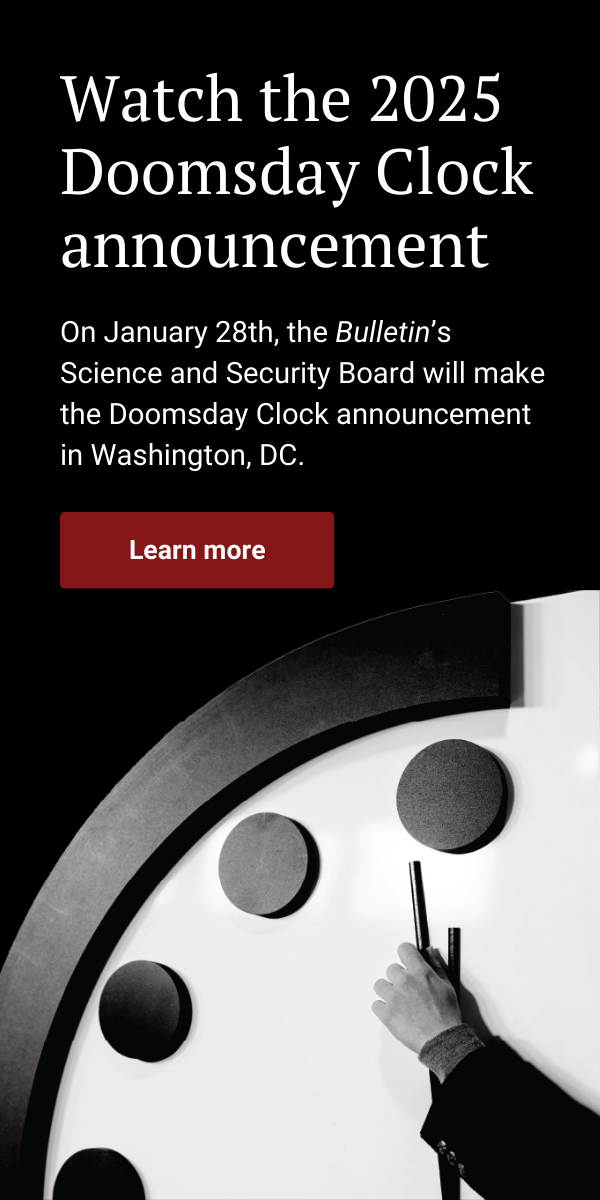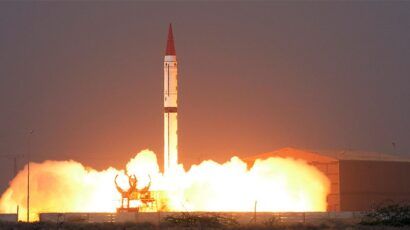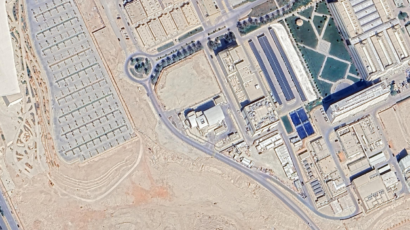Further nuclear power subsidies are wrongheaded
By Mark Cooper | December 2, 2009
It is ironic that as the nation continues to suffer from the misallocation of risk by companies in the financial sector, some of the strongest supporters of free markets and critics of government action are urging a massive federal subsidy for nuclear power.
Most recently, the nuclear industry and its supporters want any climate bill that comes out of Congress to include more subsidies for the nuclear industry. Both the House-passed American Clean Energy and Security Act and the Senate energy bill, the American Clean Energy Leadership Act, would potentially allow for billions of dollars to be handed out for the development of new nuclear plants in the United States. The Senate bill would literally give the nuclear industry a limitless blank check. This is in addition to $18.5 billion in loan guarantees and a production tax credit of 1.8 cents per kilowatt-hour that the federal government already has allocated for nuclear energy in the 2005 Energy Policy Act. All the while, the projected cost of nuclear reactor construction has escalated dramatically (almost tripling in less than a decade), demand for electricity has declined, and the cost of natural gas has plummeted.
Considering these challenges, private capital markets, not surprisingly, have refused to extend loans to the nuclear industry. In fact, they have lowered the financial ratings of utilities that are pursuing nuclear projects, which is why the industry is seeking further government support. In particular, the industry would like new rules that allow it to gobble up funds earmarked for clean energy technologies; elimination of conditions that protect taxpayers in the event of loan defaults; dramatic increases in tax and insurance subsidies; and accelerated and assured recovery of construction costs from ratepayers authorized by state regulators.
These direct subsidies would total in the hundreds of billions of dollars. Yet believe it or not, the stakes for consumers would be still higher. Nuclear subsidies would induce utilities to choose high capital-cost nuclear reactors that expand their rate base and forego much lower-cost alternatives, such as greater energy efficiency and renewable energy, imposing excessive costs on consumers that eventually could run into the trillions of dollars. In an attempt to circumvent the sound judgment of capital markets, nuclear advocates erroneously claim that subsidies lower the financing costs for nuclear reactors and are good for consumers. (For a more lengthy analysis of these risks see my full report.)
However, shifting risk does not eliminate it, and subsidies induce utilities and regulators to take greater risks that will cost taxpayers and ratepayers dearly. These risks include:
- When utilities skip over the lower-cost option, such as greater efficiency, wind power, and/or natural gas, costs rise, dramatically in the case of nuclear reactors.
- Subsidies encourage risky behaviors that would leave taxpayers and ratepayers to pay associated costs when and if those unwise projects go bad and are abandoned.
- Pre-approval for loan guarantees and/or construction work in progress reduces scrutiny over cost escalation and overruns.
- Large, high-risk projects, such as nuclear plants, can have adverse impacts on utility financial ratings, which result in high interest charges on utility debt and substantial increases in rates.
The recent efforts by the nuclear industry call to mind the previous U.S. nuclear construction boom that resulted in what Forbes called the “largest managerial failure in business history” in the mid-1980s. In that boom, one-half of all orders for nuclear plants were cancelled, reactors that were completed cost double their original estimates, four-fifths of utilities suffered large financial downgrades, and several firms went bankrupt.
Policy makers should refuse to hand out billions of dollars more to the nuclear power industry for widespread deployment of a costly technology and limit any such subsidies, if they are deemed necessary, for specific and narrow tasks of research, development, and demonstration. To prevent history from repeating itself they should subject any projects that are funded by subsidies to rigorous fiscal, technological, and administrative oversight and make sure that projects are structured with maximum taxpayer protections and transparency built into the conditions of the loan guarantees.
Furthermore, states should reject guarantees (and accelerated recovery) for nuclear construction costs, demand binding fixed-cost contracts before construction begins, and impose strong incentive and penalty mechanisms to control cost overruns.
The financial difficulties facing nuclear power projects are not a market failure, but are a market success–the capital markets correctly understand the grim economic realities of nuclear power. If policy makers override the judgment of the free market and force taxpayers and ratepayers to subsidize new reactors, consumers and the economy will pay a heavy price.
Together, we make the world safer.
The Bulletin elevates expert voices above the noise. But as an independent nonprofit organization, our operations depend on the support of readers like you. Help us continue to deliver quality journalism that holds leaders accountable. Your support of our work at any level is important. In return, we promise our coverage will be understandable, influential, vigilant, solution-oriented, and fair-minded. Together we can make a difference.
Topics: Nuclear Energy, Opinion















